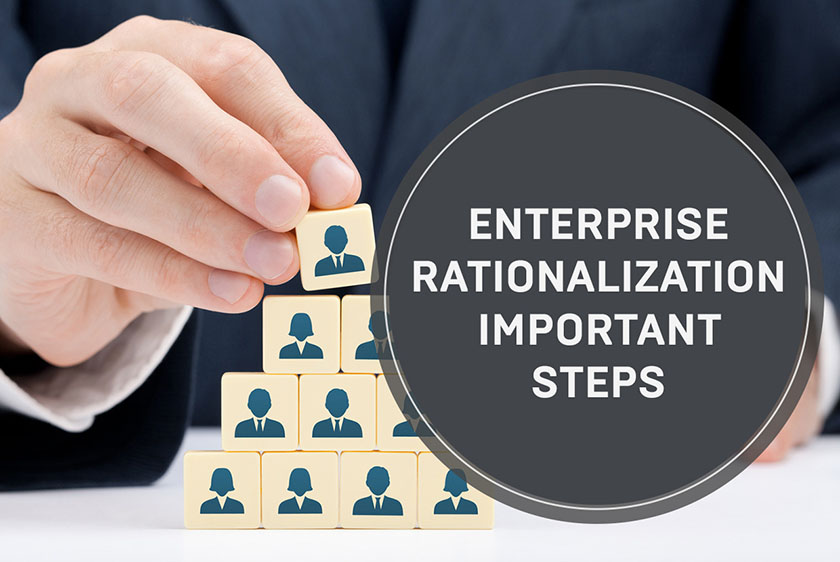Enterprise rationalization. Important steps
Strategic planning is an important element of the process of enterprise governance. It can increase overall performance effectiveness, for its objectives include building standards and goals, development and realization of an enterprise rationalization strategy.
This type of planning affects various areas of company operation. Such as, disposition of funds and resources, marketing, business policies etc. Analysis, planning, predicting possible outcomes and control are the elements of strategic planning.
Many company directors have learned by now that a company must receive profit on a regular basis – not just here and now at any cost. Therefore, it has become clear that problems that involve long-term planning resulting in company development and growth need to be solved. This can be attained if a company performance plan is created. It must include the following stages:
- Define general (long term) and narrow (short term) development goals;
- Evaluate company’s current assets;
- Create a long-term and, if necessary, a short-term enterprise rationalization plan;
- Compare the planned and the factual markers (control over meeting objectives and introducing changes into planning).
Strategic planning depends on the length of the period for which it is created. There are two types of it: long-term and short-term.
The objects of long-term planning are: company rationalization, marketing, productive capacity, investments, etc.
Short-term planning includes the following objects of production: raw material, the turnover, materials, etc.
To create a strategic plan, a good information support is required. Therefore, a thorough study of company activities and financial performance must be conducted. Besides, the state of the external economic environment must be analysed: the branch in general, the economic situation and whether there is any competition.
It is worth mentioning that a well-conducted plan is an essential element of the process of enterprise improvement. It is vital for efficient operation of small companies and large corporations.
Total control over the quality of services
The whole of the work force of a company (senior managers and other employees) are involved in the business process, the basis of which is product quality requirements that must meet consumers’ expectations.
There are a few reasons to start the process of enterprise rationalization and introduce a system of total quality control, such as:
- Improved quality will facilitate selling services and increase competitive advantages;
- Employees will feel more responsible about their performance. As a result, they will be more satisfied with their work;
- Successful survival on the market will be a great response to competitors’ aggressive behaviour.
Consumers want to save some money. At the same time, they always expect satisfactory quality. This simple rule is frequently disregarded by those directors who neglect the necessity of their enterprise rationalization.
There are at least 5 reasons why you should introduce the system of total quality control:
- Increased satisfaction with your services among the consumers.
- Your company will shape own image and gain good reputation.
- The loyalty among the clients will build up.
- Boosted work performance.
- The profit will increase.
Please note that company rationalization cannot solve all the problems that may arise. Therefore, the system must be introduced everywhere and by everyone.


